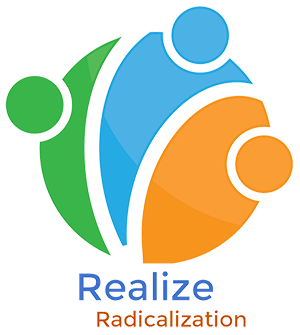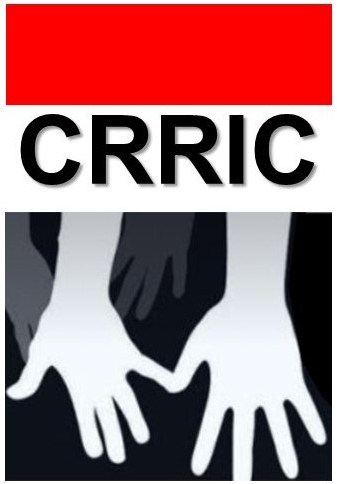[vc_row][vc_column][vc_single_image image=”2914″ alignment=”center”][nd_options_text nd_options_text_tag=”h1″ nd_options_text_align=”center” nd_options_text=”REFLECTION FROM A SUMMER STUDENT @ CRRIC ON COVID19 AND ITS SOCIAL IMPACTS”][vc_separator css=”.vc_custom_1592076377183{padding-top: 15px !important;}”][vc_column_text]
Social impact of Covid-19
Covid-19 has changed all of our lives so much since it all started, it has affected everybody from rich to poor. People have lost their jobs, businesses and their loved ones over this microscopic virus which cannot even be seen with the naked eye. Let’s talk about how this pandemic has affected social lives of people all around the world.
Education
Many countries are suggesting various levels of containment in order to prevent the spread of coronavirus. In countries, such as China, where testing and quarantine measures were taken, the spread was able to level out. Measures that are taken to slow the rate of infection include social distancing, limits on event sizes, and home quarantine when necessary. Closing schools and offices ensures that people can limit their interactions with others and slows the spread of the virus while the healthcare system copes with the pandemic.
The pandemic has affected both schools and universities all over the world. Over 1.3billion pupils have experienced school closures across 186 countries and this is already leading to growing inequalities according to a recent estimate by UNESCO. In countries which are more technologically advanced, the governments have sought to replace physical attendance at universities with virtual education and trying to find ways to minimise the effects of the disruption on educational achievement. Most of the countries have already opened schools and colleges even though the Covid-19 situation is not under control.
Religious impact
Eid-Ul-Fitr or Ramadan, one of the holiest months for Muslims around the world, looked very different this year. Due to COVID-19, worshippers have been forced to forgo the communal prayers and fast-breaking feasts with extended family and friends which are a hallmark of the festival.
Other religions are also grappling with the shutdown of centuries-old rites and rituals. Many worshippers and religious leaders have attempted to move to the virtual sphere: Synagogues are performing bar mitzvahs on Zoom, the United Arab Emirates have launched an online platform for weddings, and Catholic priests are administering Last Rites to dying followers over FaceTime. But the sensory elements and the feeling of community that are so essential to religion are lost.
Psychological impact
Everyone reacts differently to stressful situations. The emotional impact of an unusual or urgent situation depends on the person’s characteristics and experiences, their social and economic circumstances, and the availability of local resources. It is normal to feel sad, distressed, worried, confused, scared or angry when experiencing a situation such as COVID-19. However, signs of severe emotional distress, such as persistent insomnia, interpersonal problems, disabling fear, increased use of alcohol or drugs, indicate you should reach out for help.
Reactions during an infectious disease outbreak can include:
• Fear and worry about your own health status and that of your loved ones who may have been exposed to COVID-19
• Changes in sleep or eating patterns
• Difficulty sleeping or concentrating
• Worsening of chronic health problems[/vc_column_text][/vc_column][/vc_row]



